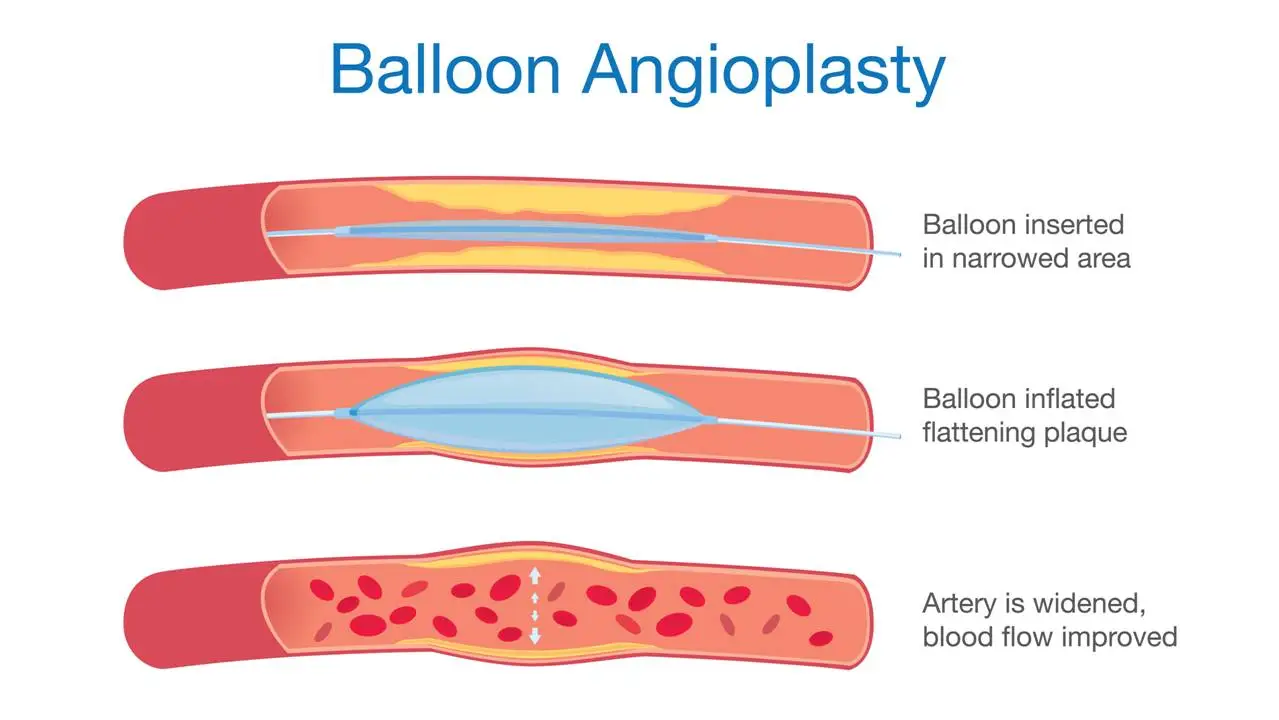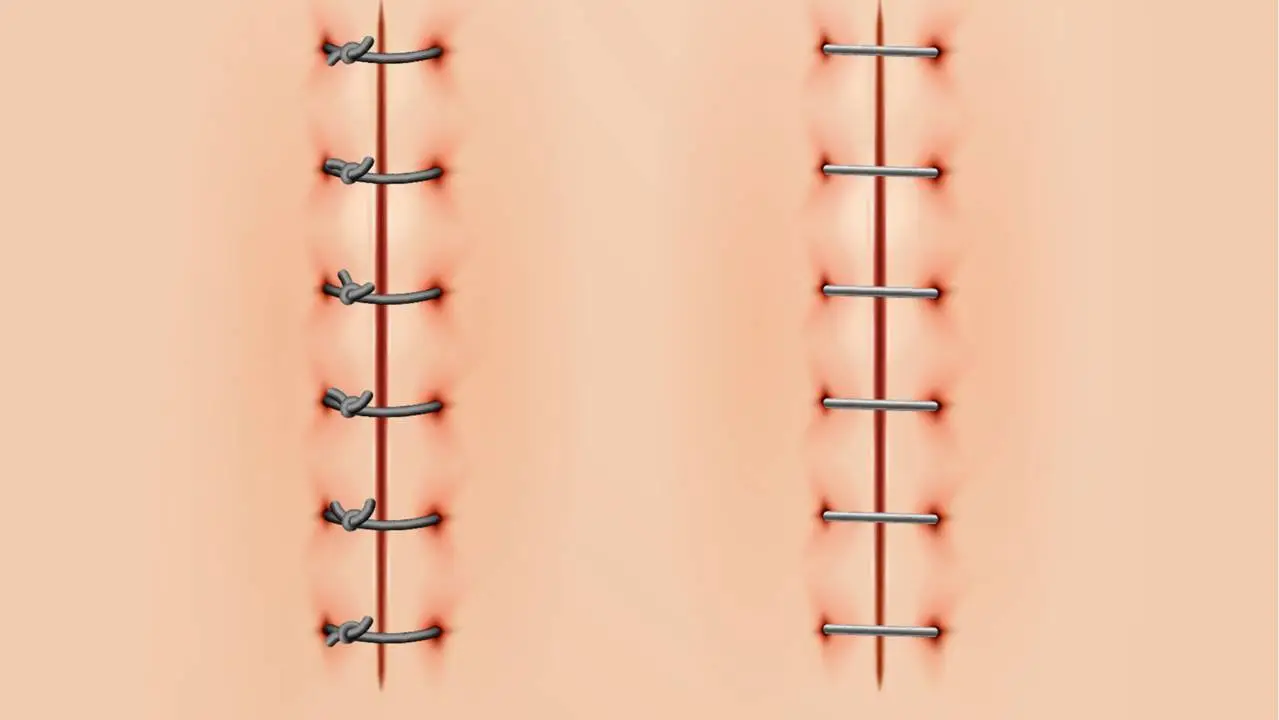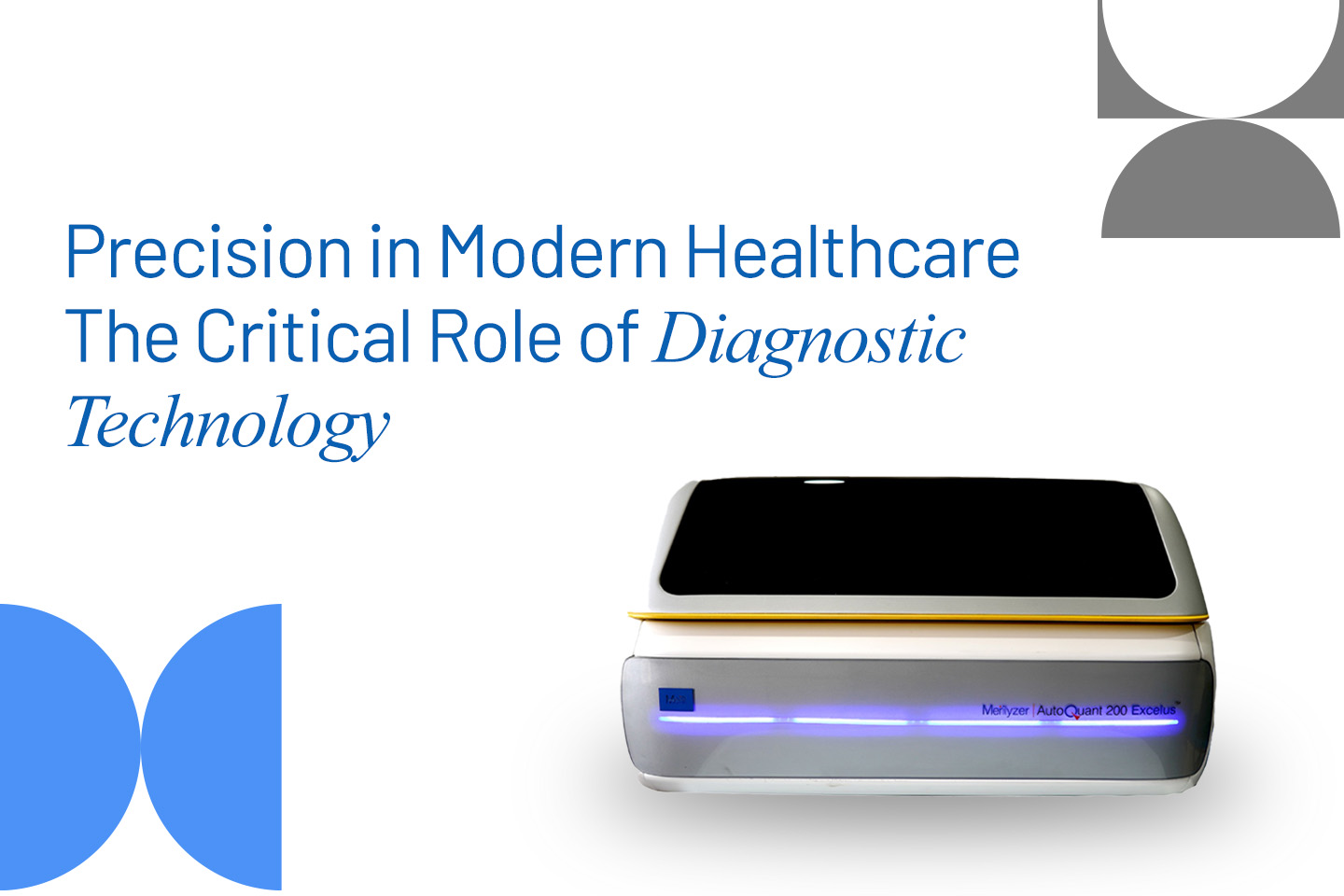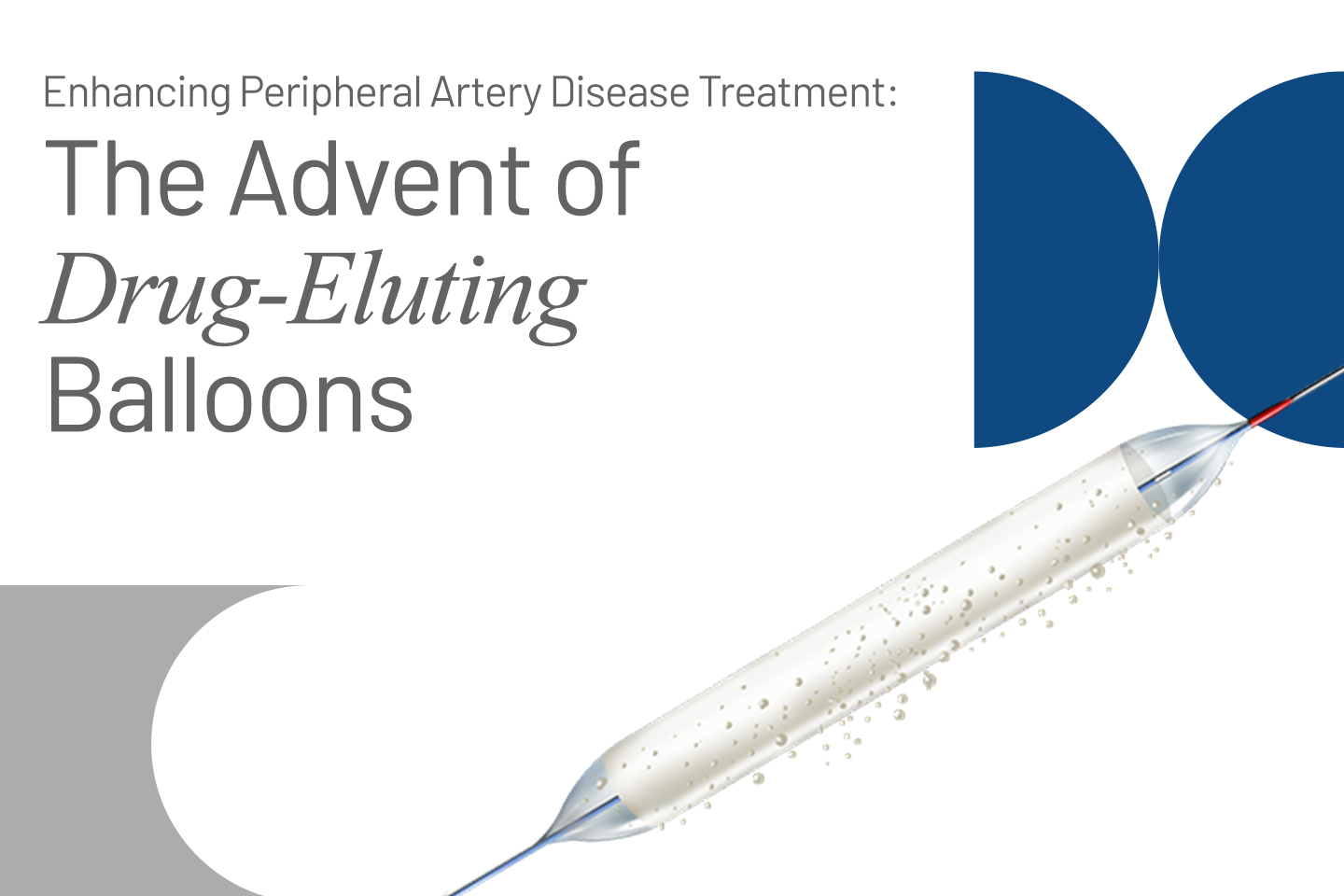Delivering Advanced Healthcare Solutions Through Research And Innovation To Improve The Quality Of Human Life
Medical Devices
Types of Coronary Stents
May 26, 2022

Types of coronary stents: Discover the various types of stents such as Bioresorbable Vascular Scaffolds, Bare metal stents etc
Medical Devices
Sutures vs. Staples
May 02, 2022

Sutures vs staples: Understand how sutures and staples offer an efficient way of closing wounds
Medical Devices
Aortic Regurgitation
May 02, 2022

Aortic regurgitation is the inadequate closure of the aortic valve during diastole that results in leaking of blood.





